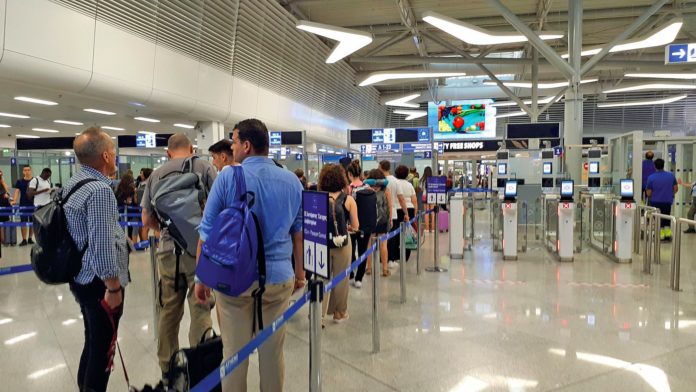At least 21 Vietnamese students have disappeared from British boarding schools as part of a people smuggling scandal, according to the Times newspaper. Many are still missing and are feared to be working illegally in nail bars and cannabis farms.
Under UK law, schools whose students go missing risk having their license to enrol international students revoked. So how have they been scammed into enrolling trafficked teenagers?
The answer appears to lie with rogue educational agents in Vietnam, according to the Boarding Schools Association (BSA), several of whose members have been caught up in the scandal.
Robin Fletcher, chief executive of the BSA, told the Telegraph that, “a small number of criminal rogue agents have tried to exploit the system… On the very rare occasions this has happened, our schools have followed the proper procedures, reporting to the Home Office and the police.”
Research by the Gazette confirms that rogue agents are almost certainly involved. One clue is the type of school which appears to have fallen for the con trick: most appear to be for-profit ’international’ schools and colleges who enrol the vast majority of their students from outside the UK, largely through overseas agents.
Most traditional British boarding schools are not-for-profit institutions. The majority of their students are local UK residents, and they enrol international students only to bolster their boarding numbers. This makes them less reliant on overseas agents for survival.
Gazette sources with experience in the international boarding school market confirm that these schools are often heavily reliant on agents, paying commissions of 20 per cent or more, twice the rate on offer from the traditional boarding sector.
One source, who formerly ran an international college, told us that termly fees are generally paid directly by parents, to avoid the danger of agents overcharging them before the student can obtain a visa. Once the student has arrived and settled in, the agent will then be paid the commission. In the Vietnam cases, students typically disappeared half-way through the first term, just at the point that the commission would normally be paid locally.
How could the schools have been taken in? Again, the senior manager had a suggestion. It is down to UK schools having to vet overseas agents. Though some schools do recruit through UK-based agents, who do the vetting, most rely on references for new agents from schools who have previously used the agent, as well as from other agents in the same market.
“All the rogue agent needs to do,” our source explained, “is place one or two legitimate students in a well-known school for a year and then use that school as a reference. Since the referee would have had legitimate students, they would report no cause for concern.”
Relying on schools to vet agents, we were told, created a “hole in the immigration system,” because while schools can be closed down for unwittingly letting in smuggled students, the agent who sent them can simply go on exploiting the system.





